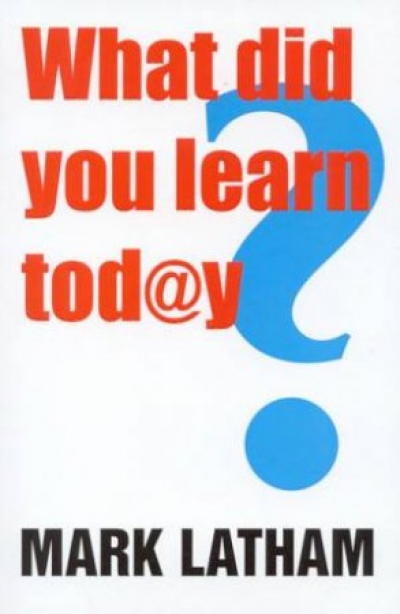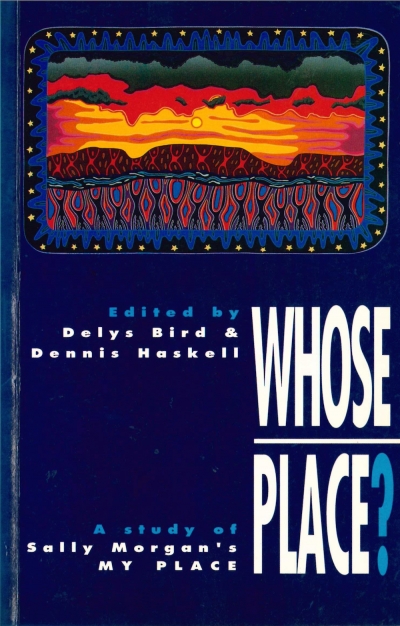Education
Sign up to Book of the Week and receive a new review to your inbox every Monday. Always free to read.
Recent:
‘Those who can, do; those who can’t, teach.’
Can I begin like that? It’s risky, and contentious, and will probably come back at me. But it’s no less a stupid comment for all that. In my experience it is usually the ones who say it who are the ones who can’t.
... (read more)Whose Place?: A study of Sally Morgan’s My Place edited by Delys Bird and Dennis Haskell
I would like to begin by talking about the work of the Committee to review Australian studies on tertiary education and try to bring out some of the implications of our work for publishing and for teaching. I will look particularly at the question of resources for Australian studies.
The brief of the Committee was to examine ways in which students in tertiary education institutions – in universities, colleges of advanced education, and TAFE – learn about Australia in their tertiary studies, and to recommend ways in which these studies can be developed. We were concerned not only with the humanities, with history, and with literature, but also with science and with professional and vocational studies across the curriculum. In fact one of our major tasks became to look at vocational areas to see in what ways students who took those studies were prepared for the world in which they would be used.
... (read more)The last time I’d seen this particular Bob was when we were at the school where I had to pretend not to be good at English and French and where he was a bikie and one of the likeable Bad Boys. I’d admired his audacity in running for school prefect and his campaign posters with their slogan ‘VOTE FOR BOB AND YOU WON’T GET DOBBED’.
And here he was at a party almost twenty years later, a taxation officer in a grey suit saying to me ‘And whaddya do for a crust?’ I said, ‘I teach a course in Australian Literature’. ‘Yeah?’ He didn’t sound too surprised. ‘Be a short course, wouldn’t it?’
... (read more)Teacher Learning edited by Gwyneth Dow & Melbourne Studies in Education 1982 edited by Stephen Murray-Smith
Education for Rational Understanding: Philosophical perspectives on the study and practice of education by Brian Crittenden
Melbourne Studies in Education 1980 edited by Stephen Murray-Smith
So much has been written about Language One in various English teaching journals that there is little to add. What has been written has usually been critical – often very critical – ranging from ‘not only is it a bad book, but it is misleading’ (Idiom) to ‘buy one for your barbeque. soon’ (Opinion). Language Two will doubtless produce a similar response – from theorists, book reviewers, and the occasional highly competent teacher.
... (read more)





